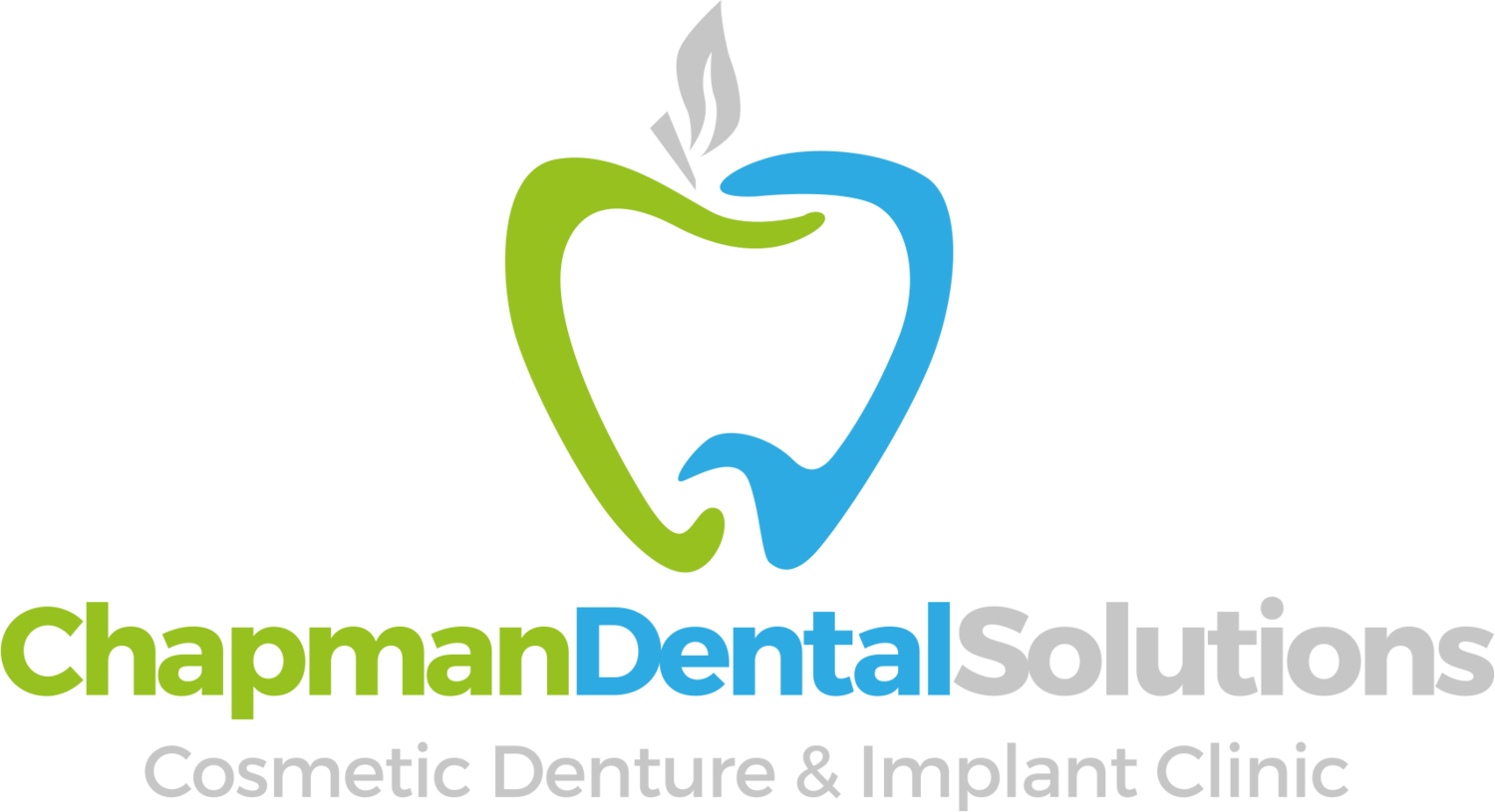The Importance of Implant Hygiene for the Overall Success of Treatment
Dental implants have revolutionised dentistry, offering a reliable and aesthetically pleasing solution for missing teeth. However, like natural teeth, dental implants require diligent care to ensure their longevity and functionality. Implant hygiene is a crucial aspect of the overall success of the treatment, playing a vital role in preventing complications and maintaining oral health.
Why Implant Hygiene Matters
Prevention of Peri-Implant Diseases: Just like natural teeth, implants are susceptible to plaque buildup and bacteria. Poor hygiene can lead to peri-implant mucositis (inflammation of the gum around the implant) and peri-implantitis (destructive inflammation affecting the bone supporting the implant). These conditions can compromise the implant’s stability and lead to implant failure.
Ensuring Longevity of Implants: Proper hygiene practices help preserve the integrity of dental implants. Regular cleaning prevents the accumulation of plaque and tartar, which can cause gum disease and bone loss. By maintaining good hygiene, patients can significantly extend the life of their implants.
Preservation of Oral and Overall Health: Oral health is closely linked to overall health. Infections in the mouth can have systemic effects, potentially leading to conditions such as cardiovascular disease and diabetes. Keeping implants clean helps maintain overall health and well-being.
Effective Implant Hygiene Practices
Daily Brushing and Flossing: Brush your teeth at least twice a day using a soft-bristled toothbrush and non-abrasive toothpaste. Ensure that you clean around the implant crown and gumline thoroughly. Flossing daily helps remove plaque and food particles from areas that a toothbrush can’t reach.
Use of Interdental Brushes: Interdental brushes are specially designed to clean between teeth and around implants. They are effective in removing plaque and debris from hard-to-reach areas, ensuring comprehensive cleaning.
Regular Dental Check-Ups: Visit your dentist regularly for professional cleanings and check-ups. Your dentist can detect early signs of problems and provide preventive care. Professional cleanings help remove tartar buildup that regular brushing and flossing can’t eliminate.
Avoiding Harmful Habits: Habits such as smoking and excessive alcohol consumption can negatively affect the health of your implants. Smoking, in particular, impairs healing and increases the risk of peri-implant diseases. Avoid these habits to ensure the success of your implant treatment.
The Role of Professional Care
Professional care is indispensable in maintaining implant hygiene. Your dental hygienist can provide specialised cleaning techniques, such as scaling and polishing, to keep your implants and surrounding tissues healthy. Additionally, they can offer personalised advice and recommend products tailored to your needs.
Conclusion
Dental implants are a significant investment in your oral health and appearance. To protect this investment, diligent implant hygiene is essential. By incorporating effective hygiene practices into your daily routine and seeking regular professional care, you can ensure the success and longevity of your dental implants. Remember, a clean implant is a happy implant, and a happy implant means a beautiful, lasting smile.

